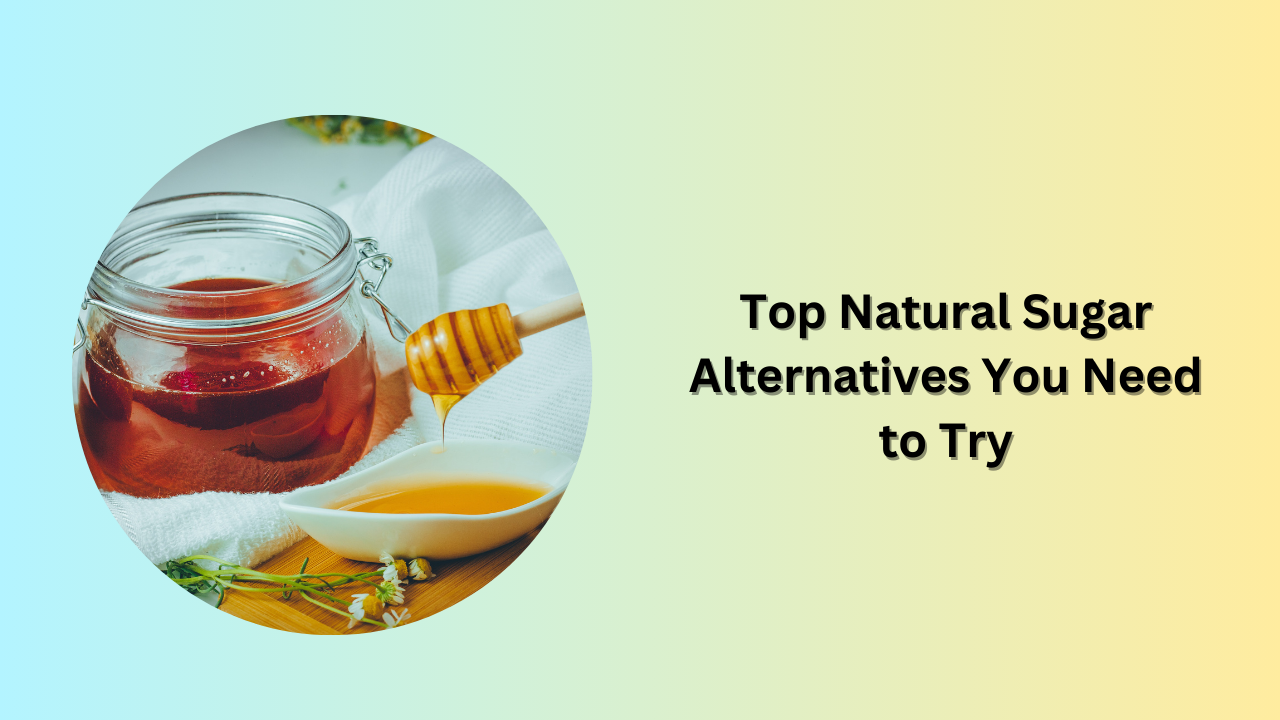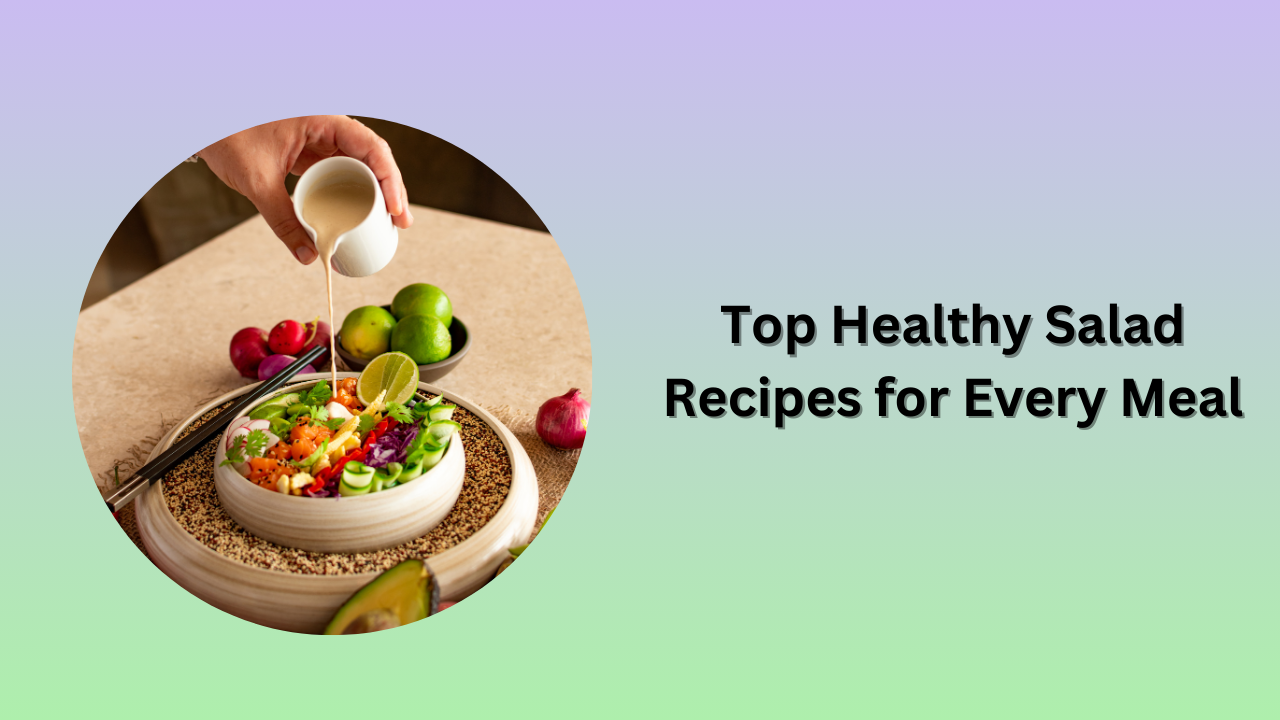Sugar alternatives are a great way to enjoy sweetness without the drawbacks of refined sugar. They come in two main types: natural sweeteners, which offer some health benefits, and artificial sweeteners, which are calorie-free but may lack nutritional value. In this article, we’ll focus on natural options like honey, maple syrup, stevia, and coconut sugar, exploring how they can add flavor and wellness to your meals. Find out which one might be your new favorite!
Understanding Sugar Alternatives
Before we dive into specific alternatives, we must understand what sugar alternatives are. Two main groups can be categorized:
- Natural Sweeteners: These are derived directly from plants or natural sources and often come with added health benefits.
- Artificial Sweeteners: Man-made substitutes that provide sweetness but typically lack nutritional benefits and have been linked to potential health concerns.
In this post, we’ll focus on natural alternatives and explore the best options to suit various tastes and dietary needs.
Honey: Nature's Golden Syrup
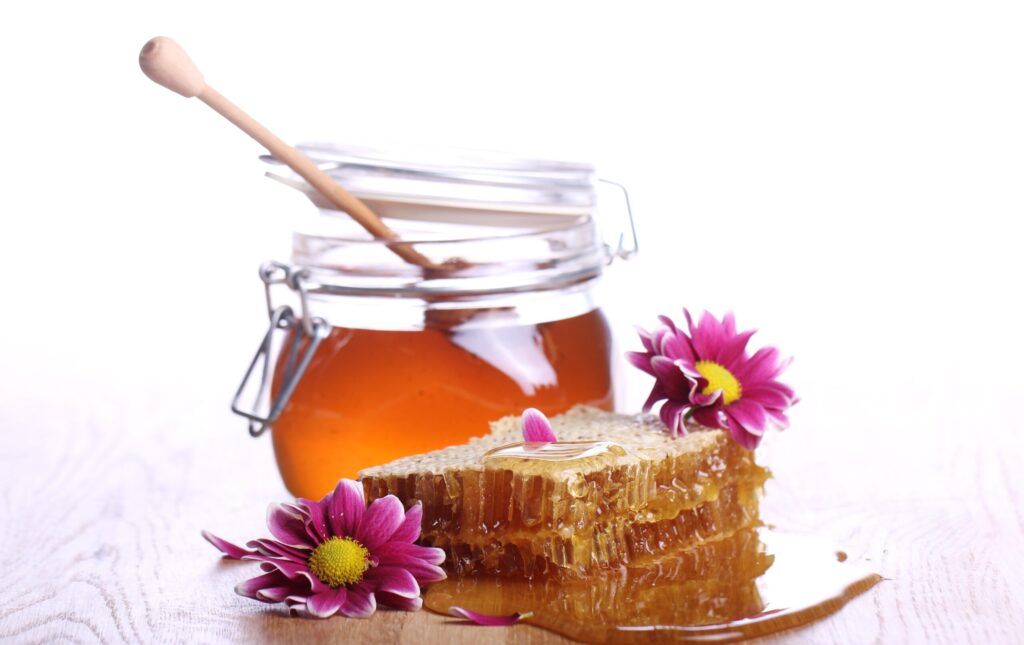
One of the most well-known natural sweeteners is honey. Its rich, floral flavor and smooth texture can elevate your recipes from mundane to extraordinary.
Health Benefits of Honey
- Antioxidant Properties: Honey contains antioxidants that can help reduce inflammation and support overall health.
- Natural Energy Boost: Honey’s natural sugars can provide quick energy, making it a great choice for athletes or anyone needing a pick-me-up.
Honey can be utilized in a variety of ways due to its versatility.
- Tea or coffee as a sweetener
- Dressings for salads
- Marinades for meats or vegetables
Maple Syrup: Liquid Gold

Maple syrup has long been a breakfast staple, used in pancakes and desserts. Beyond its sweetness, it has a unique flavor profile that can enhance various dishes.
Why Choose Maple Syrup?
- Rich in Minerals: Maple syrup is packed with minerals like manganese, zinc, and calcium.
- Lower Glycemic Index: Compared to regular sugar, maple syrup may have a lower impact on blood sugar levels.
You can enjoy maple syrup in:
- Oatmeal or yogurt
- Baking recipes as a sugar substitute
- Drifting over roasted vegetables or popcorn
Stevia: The Zero-Calorie Sweetener
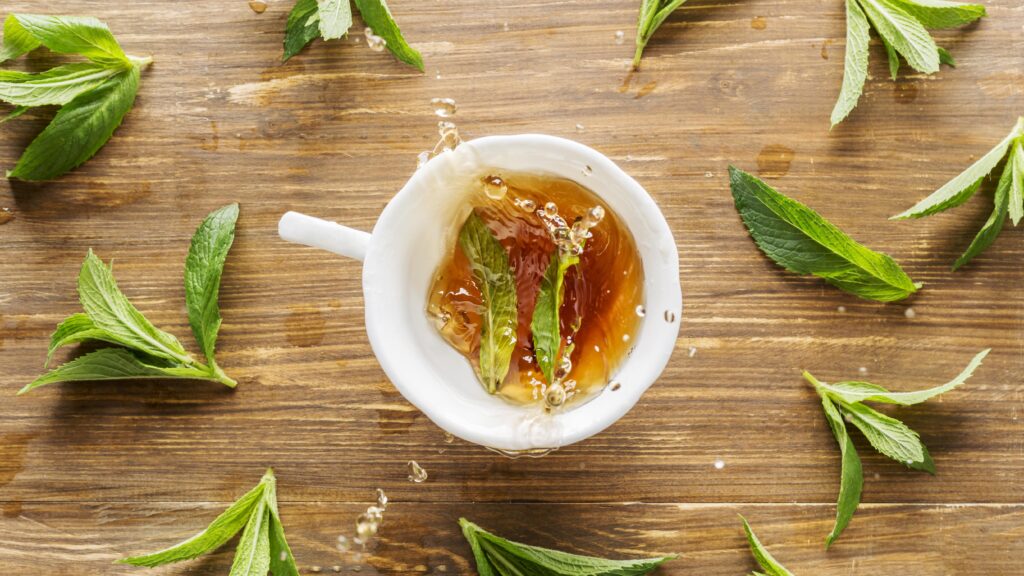
If you’re looking for a natural, calorie-free sweetener, stevia is a fantastic option. The Stevia rebaudiana plant leaves are used to provide sweetness without any calories.
Advantages of Stevia
- No Caloric Impact: Great for those managing weight or blood sugar levels.
- Natural Origin: Since it’s plant-based, it’s a popular choice among health enthusiasts.
Stevia can become your go-to sweetener in:
- Cold beverages like lemonade or iced tea
- Smoothies and shakes
- Brand new recipes for desserts without the added calories
Coconut Sugar: A Nutrient-Rich Option
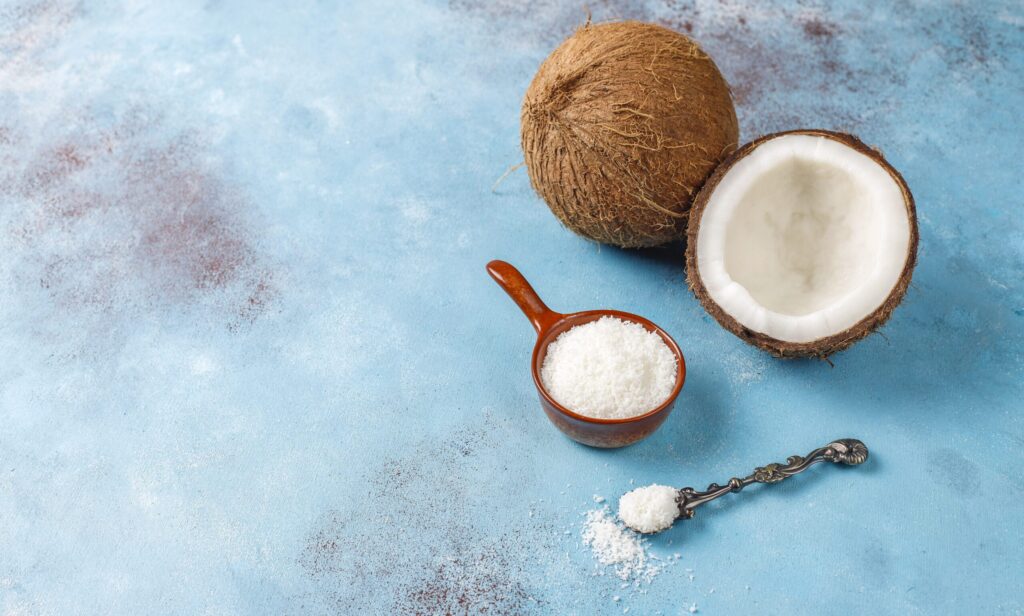
Coconut sugar is made by evaporating the sap from coconut palms, resulting in a sweetener that retains some nutrients found in the source plant.
Unique Qualities of Coconut Sugar
- Inulin Content: This prebiotic fiber can help improve gut health.
- Lower Glycemic Index: It has a lower glycemic response compared to cane sugar, making it a suitable option for many dietary plans.
Coconut sugar’s versatility allows it to be utilized in a variety of ways:
- Baking as a direct substitute for brown sugar
- Sweetening coffee or tea
- Sauces and dressings for a hint of caramel flavor
Agave Nectar: The Mild Flavor Sweetener

Agave nectar, derived from the agave plant, has a mild flavor and is significantly sweeter than sugar, which means you need less of it.
Why Consider Agave Nectar?
- Low Glycemic Index: Ideal for those trying to manage blood sugar levels without sacrificing sweetness.
- Versatile Use: It blends well into various dishes without altering the taste profile.
Agave nectar works wonderfully in:
- Smoothie bowls or shakes
- Dressings, marinades, or sauces
- As a sweetener in baked goods
Conclusion
Exploring natural sugar alternatives can be a fulfilling endeavor, allowing you to enjoy sweetness while making healthier choices. Whether you prefer the rich flavor of honey, the distinct taste of maple syrup, or the calorie-free option of stevia, there’s a natural sweetener for everyone.
Next time you find yourself reaching for granulated sugar, consider one of the alternatives discussed here. Not only can they provide a delightful taste, but they also bring added health benefits that refined sugar simply cannot offer. Experiment with these sweeteners and discover how they can enhance your culinary creations!
What’s your favorite natural sweetener? Share your thoughts and any recipes you enjoy using these alternatives in the comments below!
